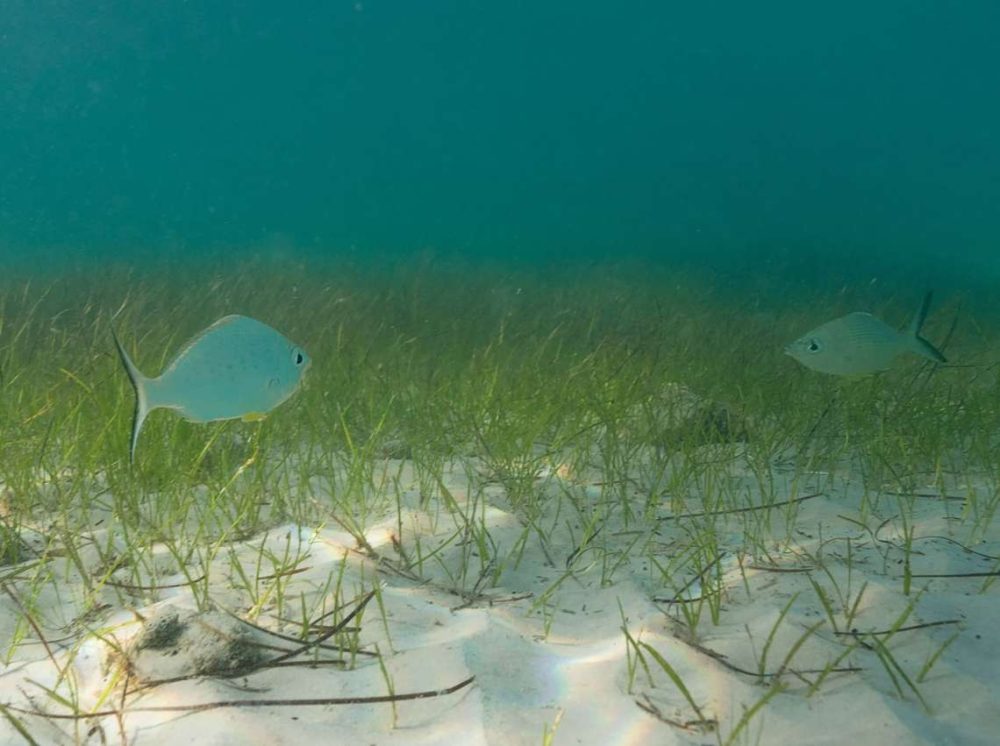To safeguard marine ecosystems, the Commission suggested enhanced efforts to reduce chemical, nutrient, and underwater noise pollution…reports Asian Lite News
The European Commission has called for accelerated efforts across the EU to improve water protection and flood risk management, highlighting concerns over chemical pollution, drought, and water scarcity.
A recent report revealed that only 39.5 per cent of EU surface water bodies have good ecological status, with just 26.8 per cent achieving good chemical status. Widespread contamination from mercury and toxic pollutants remains a major issue, according to Xinhua News Agency.
The Commission urged member states to enhance compliance with EU water regulations by controlling pollution, improving wastewater discharge, and securing adequate funding for water management initiatives. Additional recommendations included measures to curb chemical pollution and promote water reuse.
The European Commission has urged EU member states to accelerate efforts in water protection and flood management, citing concerns over chemical pollution, water scarcity, and climate-related disasters. Despite challenges, progress has been made in reducing marine litter and single-use plastics along coastlines.
It emphasized the need for investments in flood prevention, advocating for ecosystem restoration, nature-based solutions, and early warning systems. Recent severe floods in countries such as Germany, Austria, Spain, and Romania underscore the urgency of these measures.
To safeguard marine ecosystems, the Commission suggested enhanced efforts to reduce chemical, nutrient, and underwater noise pollution. It also encouraged input from member states for the development of a European Water Resilience Strategy, with a consultation event set for March 6.
Despite ongoing challenges, the report highlighted positive developments. Between 2020 and 2021, marine litter on EU coastlines decreased by 29 per cent compared to the 2015-2016 period. Single-use plastic was reduced by 40 per cent, and fisheries-related waste dropped by 20 per cent.














